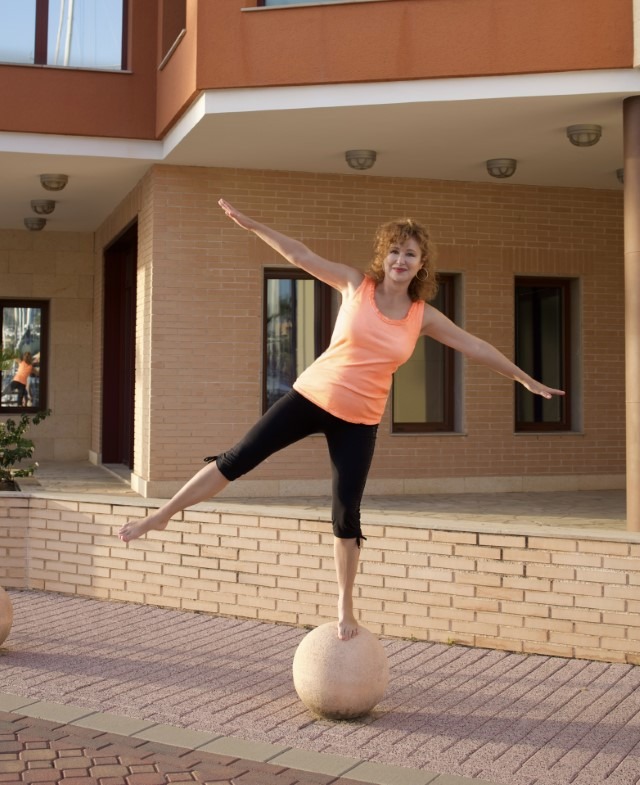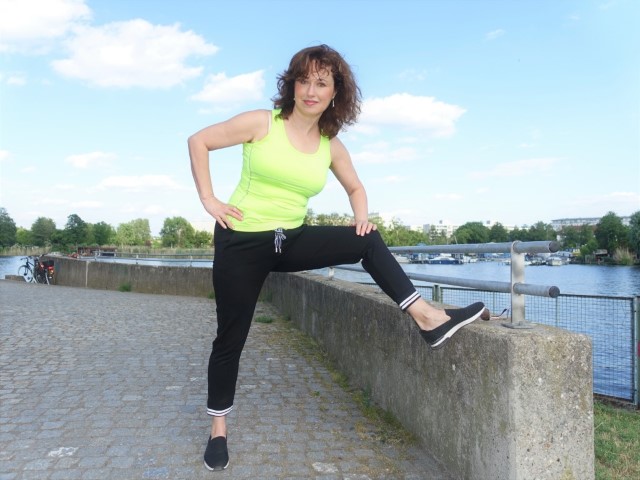Tag: longevity
Grow older – stay young!
“Forever young”—it’s a dream we all share.
Staying fit and healthy forever, moving painlessly, being mentally fit and capable of enjoying every aspect of life long into old age is what everyone wants.
But when it comes to aging, the question is whether we can influence the laws of nature—and if so, how much? And above all, how can we do it?
When I observe people over 70 from time to time, I notice some profound differences.
Some have plenty of energy and seem upbeat. For others, every step is a struggle against invisible obstacles.
When I speak with them, it’s obvious that they have very different attitudes about life.
The fit and healthy ones believe they have the power to influence the aging process. The skeptics say: “I’m too old for this and that, and I’ve just got to accept it. What can I do about it?” So they do nothing.
But there’s plenty of science to support those who refuse to resign themselves to the effects of aging, who want to attempt the impossible in order to achieve what’s possible.
Nowadays we have the opportunity to maximize our lifelong potential in ways that people couldn’t have imagined 40 or 50 years ago. Not to mention the improvements we can make to our quality of life along the way.
The magic word here is epigenetics, a term that describes how our lifestyles can affect our genes, including the ones that impact life expectancy.
There are plenty of examples of how older people can transform the challenges of aging into opportunities. Every year new methods and products come onto the market to help people optimize their health as they age. I’ve written a few posts on this topic, including How to stay young longer and How to lower your biological age.
In the meantime, here are 15 of my best tips for staying (biologically) young:
- Get 7 ½ to 9 hours of sleep per night (For hints on how to improve your sleep, see This is how to sleep well).
- For an energetic start to your day, do 10 minutes of movement/exercise after waking up in the morning.
- Take a 30-second cold shower every day.
- Try to leave a 16-hour interval between dinner and breakfast (See my post about the benefits of interval fasting).
- Do 5 minutes of movement per 1 hour of sitting.
- Nutrition: minimal amounts of sugar and simple carbs; lots of vegetables, fish, fowl, beans, and fruit in moderation. Red meat once a week. 2 to 2 ½ liters of water or unsweetened tea daily. My anti-aging recipes
- Allow 3-4 hours between meals—and avoid snacks! Eat dinner before 7pm.
- Take the nutritional supplements that are right for you. Nutritional supplements: a smart addition
- Walk for 30 minutes a day (at least); do your favorite sport/workout 2-3 times per week.
- Do 10 minutes of stretching or yoga every other day.
- Practice 15 minutes of meditation per day.
- Have sex regularly (at least twice a week). Live out your sexuality
- Maintain your social contacts.
- Before going to bed: read a book or listen to relaxing music. When watching TV, use blue light-blocking glasses.
- Go to bed before 11pm.
Set your sights on a long, healthy, fulfilling life!
Voilà!
Share this post



